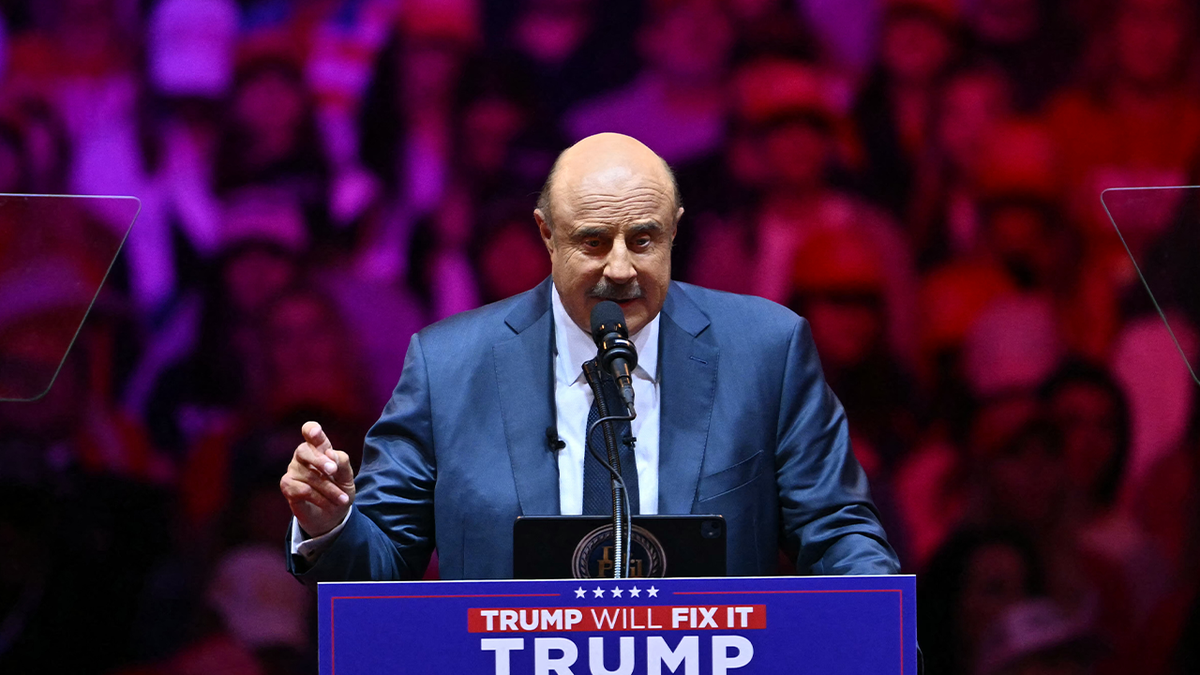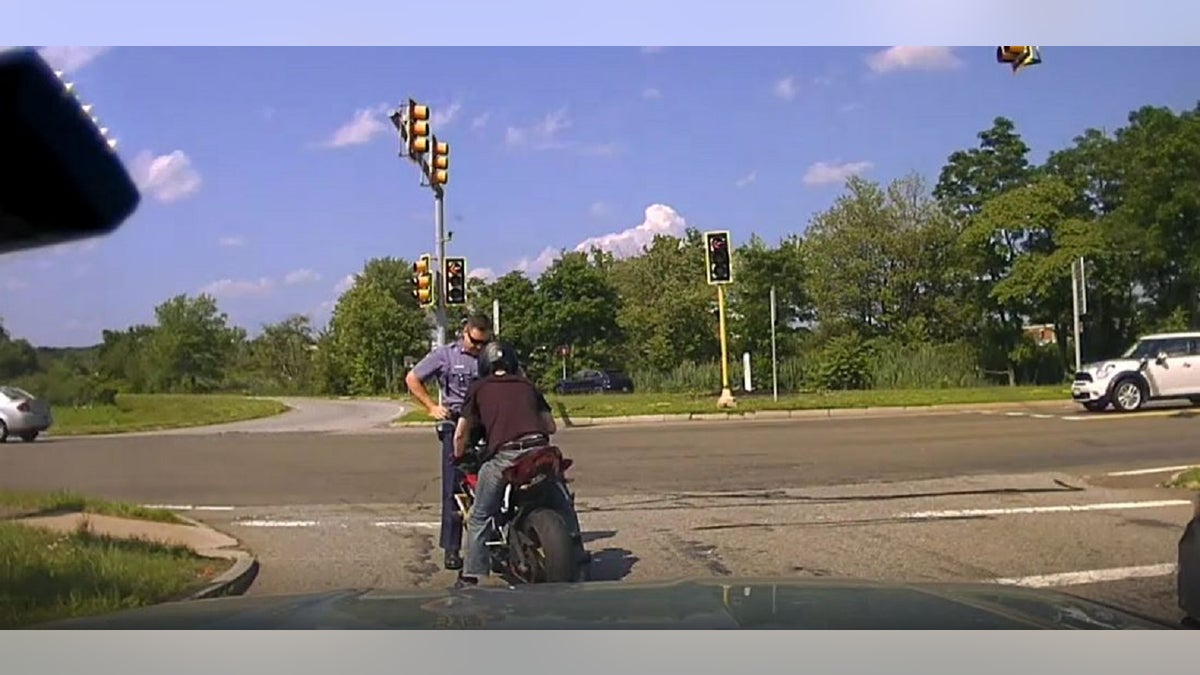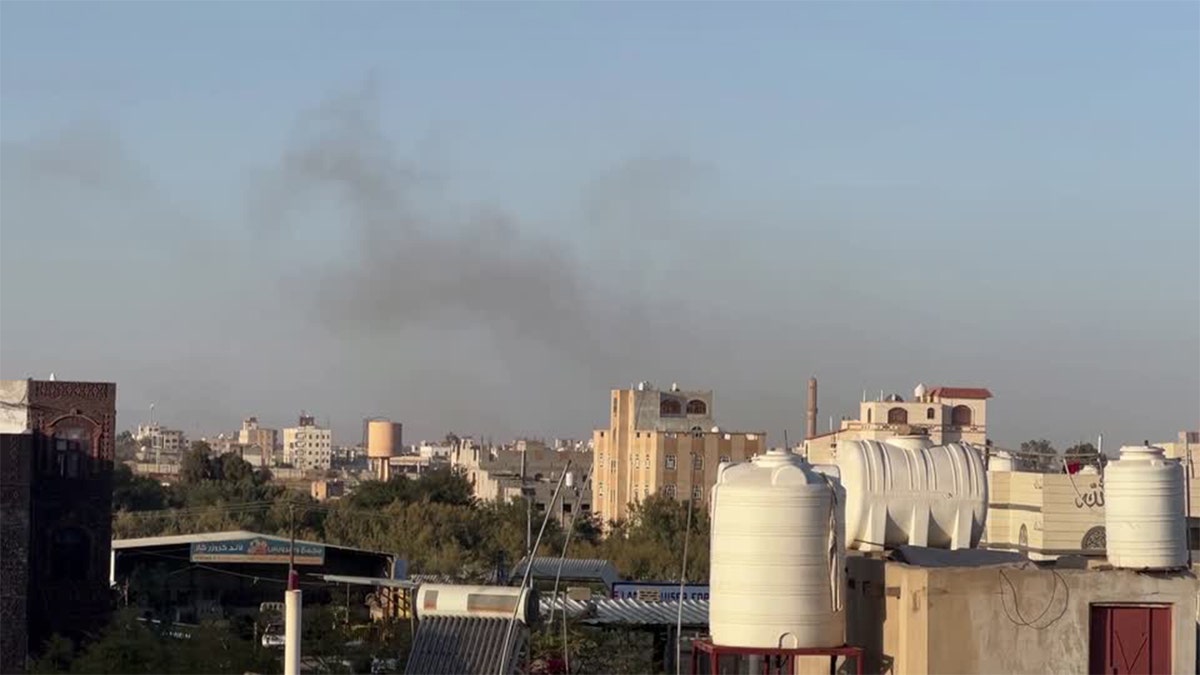Television personality Dr. Phil McGraw recently embedded with Immigration and Customs Enforcement (ICE) agents in Chicago, documenting deportation operations under the current administration. Joining Border Czar Tom Homan, Dr. Phil witnessed firsthand the apprehension of several undocumented individuals, including a convicted sex offender originally from Thailand. This operation follows Homan's declaration of Chicago as a focal point for immigration enforcement.
During the operation, Dr. Phil interviewed the sex offender, questioning him about his charges. The individual denied the severity of the accusations and claimed his mother was a U.S. citizen. Homan pointed to this case as an example of the perceived failures of sanctuary city policies, arguing that such policies allow dangerous criminals to remain at large. He emphasized the importance of cooperation between local law enforcement and federal agents in addressing these issues.
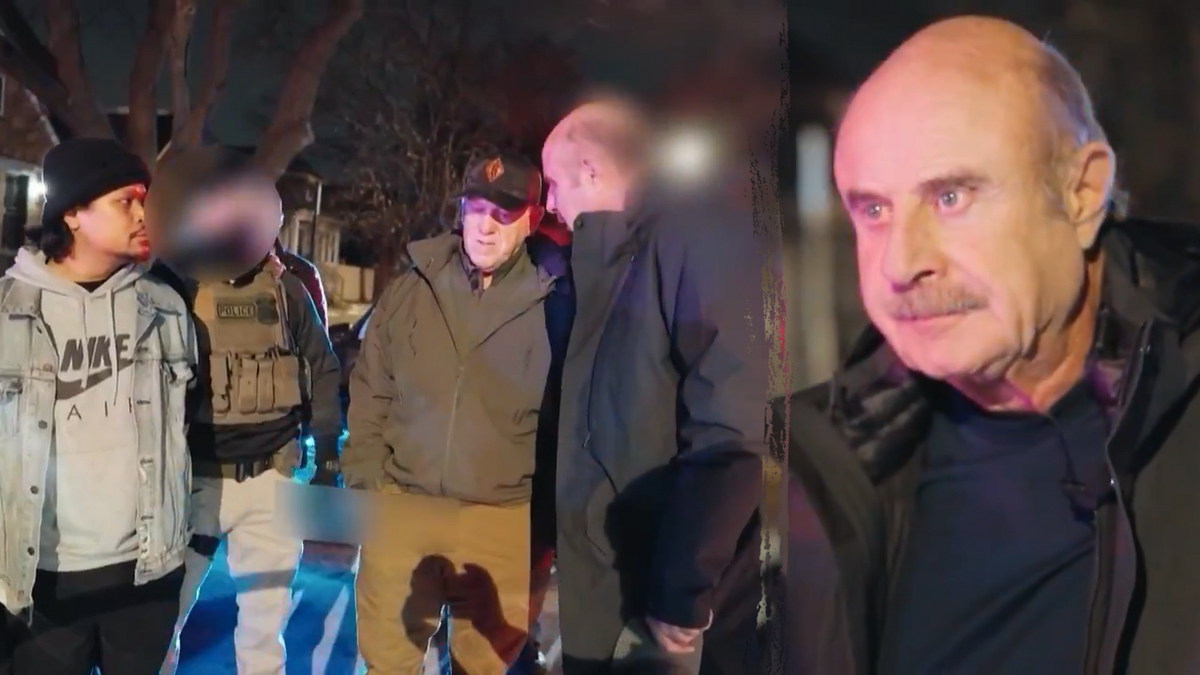
Dr. Phil noted the extensive security protocols involved in the operation, describing it as a targeted mission focused on apprehending individuals deemed high-value targets due to their criminal histories or alleged ties to terrorism. He stated that the operation was not a general sweep of neighborhoods, as some critics have suggested. ICE reported apprehending over 460 individuals in the initial days of the operation, with charges ranging from sexual assault and domestic violence to weapons offenses.
Dr. Phil also addressed concerns about children being targeted in these operations. During a discussion at an ICE command center, he directly asked if agents were entering schools to arrest children. Homan responded with a firm denial.
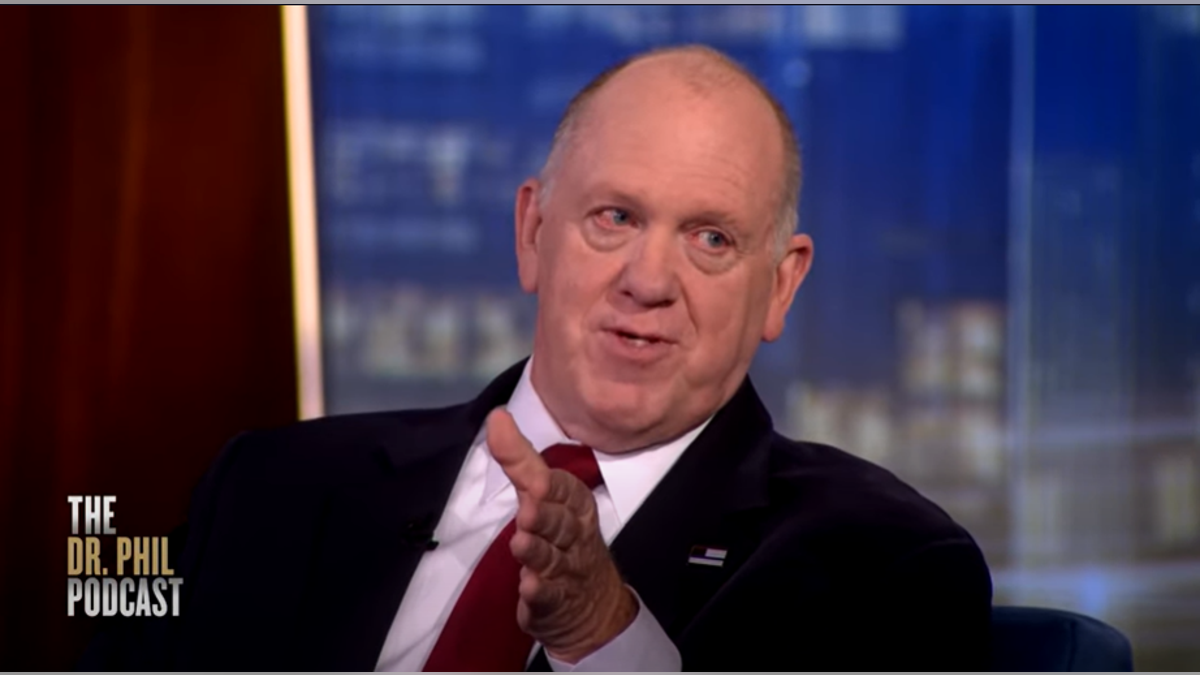
Chicago Mayor Brandon Johnson has reaffirmed his commitment to protecting the city's migrant community and upholding its sanctuary city status. He criticized the administration's immigration policies, arguing that they create fear and division, particularly within schools. Johnson has directed city departments to adhere to the Illinois Trust Act, which limits cooperation between local law enforcement and federal immigration authorities.
